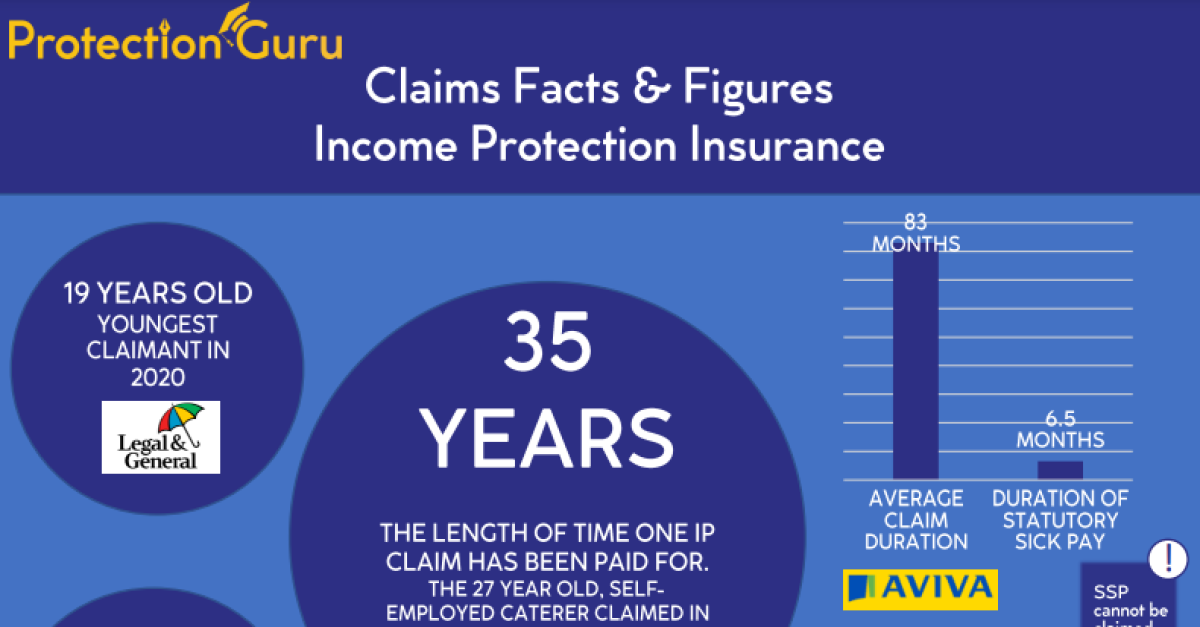
Why professional medical opinions on Critical Illness wordings make recommendations better

I am going to spend most of this week’s summary talking about a subject that really matters to me, but I will come to that at the end.
Many advisers are telling me August was a record month, that is great news for everyone. We started the short week replaying some of the key lessons from our July Protection Forum specifically the part of the meeting that explored underwriting processes advisers would like to see changed. There are some really valuable lessons for insurers and reinsurers in this summary. The subject was further explored during our September Forum on Wednesday with several fresh ideas proposed. Look out for the summary of that session soon.
Also on Tuesday, we updated our stories behind critical illness claims page to include Lillie’s story. Emma Astley of Cover My Bubble tells how her own loss brought her into our industry and drives all she and her firm do today. It is compelling viewing. While most of the videos on this page have come from insurers, we are very keen to include advisers videos of client claims experiences so if your firm has created one, please let us know, indeed if you have a client that is happy to tell their own claims story about critical illness, income protection or perhaps a family who sadly had to benefit from a life claim and you would like to make a video let me know as we may be able to put you in touch with people who would help.
On Wednesday we had another great contribution to our series of advisers talking about how they would approach protection for different clients. Matthew Chapman’s Income Trifecta approach raises very valid points that should be considered by anyone giving protection advice.
On Friday Adam Higgs published the latest of his Everything You Need to Know about Advising on Multiple Benefits these studies which link off to a number of more detailed elements should make really good CPD for anyone needing some extra study.
Our other big news today is the launch of our sister site www.BenefitsGuru.co.uk This aims to bring the same degree of research and product detail to all areas of benefits including workplace defined contribution pensions, at retirement services, all areas of wellness, financial, physical and mental and group risk. Work is already in hand to deliver similar independent medical analysis of group risk contracts in the same way as we conduct for individual contracts.
So, to the main issue of the week for me. This year, more than any other, the whole country has really valued the incredible work done by our medical profession. While increasing numbers of insurers are focusing on simplifying their wording, of necessity many wordings still contain complex medical terms. The difference between an ‘and’, or an ‘or’, in a single sentence can have a dramatic impact on who will and will not pay out.
On Thursday we explored how our independent medical panel benchmark critical illness wordings. This study highlights some examples of things people without medical qualification might miss or misconstrue. I think it is important for every adviser to understand these points. We will be publishing several more examples over the coming weeks.
The product research market for advisers has evolved massively over the last 25 years as firms are held to higher and higher standards. You only need to look at the pension transfer market to see how important it is for advisers to stay ahead of the game and make sure they are exploring all the issues they need to.
Great work has been done by pioneers who have brought together data to build increased understanding among advisers. When it comes to assessing clients best interests on, what are after all medical matters, who would you (and your client) prefer, the views of highly qualified medical professionals, or others without the same level of medical qualification and experience? Personally, I see that as a no brainer.
As an adviser would you feel your recommendations were reinforced if they were supported by independent analysis of the policy wordings and which insurers are most likely to pay out for that specific client, from highly qualified medical professionals? We do, that is why we have spent hundreds of thousands of pounds with doctors and epidemiologists to produce these assessments which can be accessed for free from our www.QualityAnalsyser.com site and the Product Features Report in iPipeline Solution Builder.
When you think about it, the way insurers structure policies supports this approach. Most policies now include second medical opinion options. That is not a second opinion from someone without medical qualifications, but someone who has spent many years in specialist education, training and not to mention practicing medicine year in year out.
The ultimate scenario that most compliance teams worry about is what is the likely outcome if a case is referred to the Financial Ombudsman Service? This begs the question, who are the Ombudsman service more likely to put greater weight behind interpreting precise medical terms, the views of highly qualified medical professionals, or the views of others without medical qualification of experience?
We are running a series of workshops for the compliance departments of adviser firms highlighting some of the issues that medical analysis brings out. If you or someone from your firm would like to be involved in such a session, please send me a direct message via LinkedIn and we can organise that.
Have a great weekend.

















